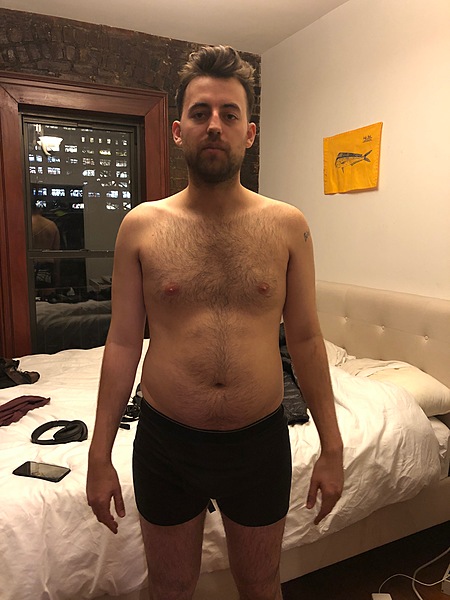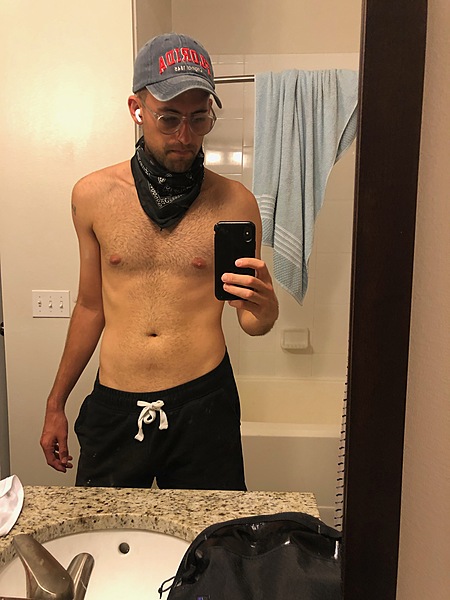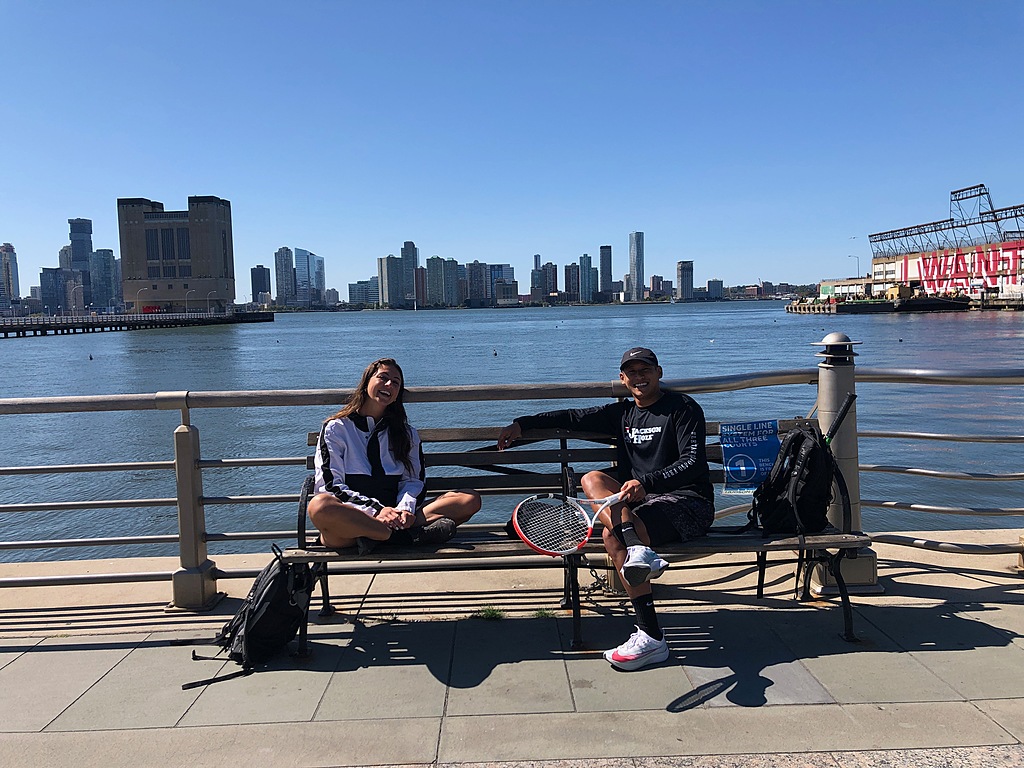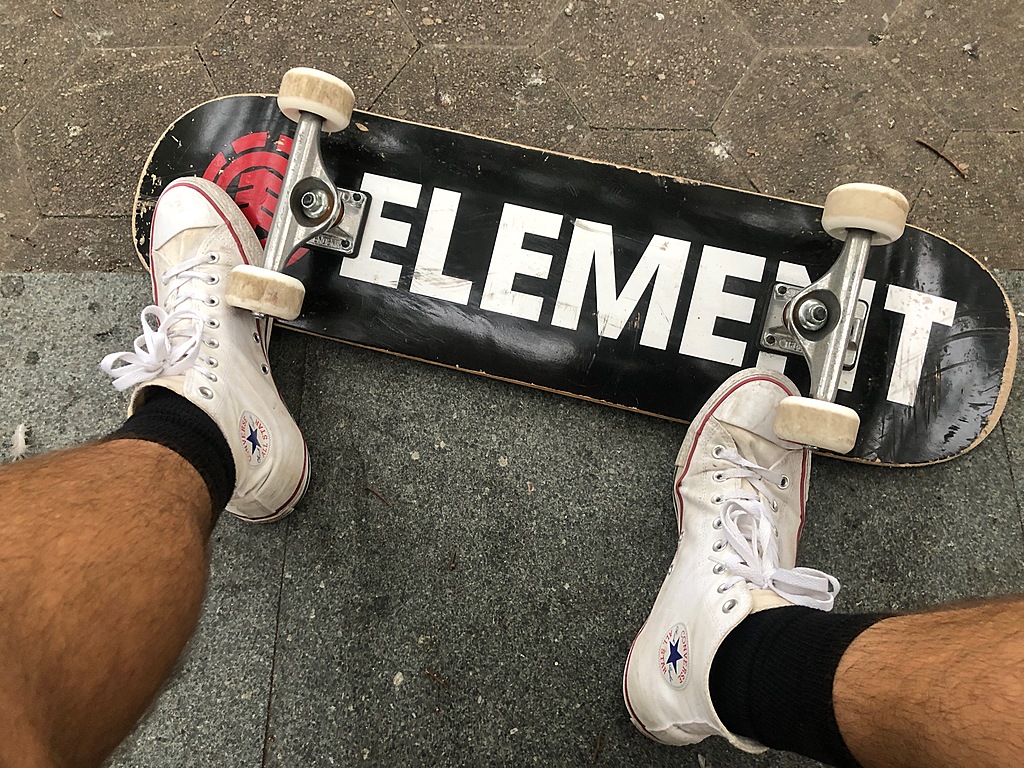Traffic: I’m most excited about our growth in traffic. Last month we saw 156K uniques, a 29% increase over the previous month (which was already our biggest month ever).
(again, this is a GA data, according to our other analytics tool, we had 312k visitors!!)
To show you this growth (especially in the latter part of the month):
We are seeing massive growth in SEO, hitting over 200k impressions in Google search results per day, a 100% increase over just one month ago:
This is thanks to all the work we’ve been doing with new content over the last few months, and how we are approaching “content experiments”.
One of these experiments has done so well that it’s bringing in over 2,000 visitors/day to the site! Here’s the growth for those posts in particular:
Going forward, we will continue to take this approach: Finding content opportunities through experiments and then doubling down on them (if they work).
This growth is very exciting because it has opened up ideas for so much more content that we can scale with. Here are some more things we are currently experimenting with:
- Calculator posts
- Templates/downloads posts
- Business formation content (LLC)
- State-specific content
- Lists of quotes
- Slogan ideas / generator
- Pros & cons of starting XYZ business
Revenue: Last month, we crossed $15K in recognized revenue, our biggest month ever, and a 21% increase over the previous month!
Gross revenue was $12.7K. Unfortunately, we were down again in net new signups for the subscription. MRR for our subscription is $3.9K.
We switched back to more “lifetime” deals for the membership (rather than first-year discounts) and we believe these perform better.
Email list: Last month saw 3K net new email subscribers and the email list is at 25.3K. This month, we hope to optimize email collection more so that number might go up.
Content: We had a goal for 240 new pieces of content, but only published 174, a 12% decline over last month. Although we didn’t hit our goal, we spent a lot of our time coming up with new content ideas, which should be followed by lots of published content.
September Numbers
- Monthly revenue (accrual): $15,398 (+21%)
- Traffic: 156k unique users (+29%)
- Content published: +174 (-12%)
- New email subscribers (net): +3,000 (+11%)
- Email collection rate: 2.40% (-9%)
Plans
(micro)
In October, we will come up with and ship several new content ideas.
For example, we will ship something like “26 Most Inspiring Warren Buffett Quotes”. While this content is simple, it adds “people” to our database. Everyone has people that inspired them to start a business, we’ll soon have structured data on this, such as “Pat Walls Was Inspired By These 14 Entrepreneurs” or “Warren Buffett Inspired These 48 Entrpreneurs”.
^^ This is a simple example, but it’s a part of our strategy of a data-driven content approach, and growing our database to be the “Crunchbase/Investopedia of entrepreneurship”.
Another goal for October is to build streamlined backend dashboards that our freelancers will use to easily add more data to our database and generate content on the fly. Will have screenshots for next month’s report.
One last goal for the month is to increase our email conversion rate.
(macro)
We are continuing to push towards our goal of 500k monthly uniques by the end of the year.
Every day, it feels like the opportunity gets bigger! We are just barely scratching the surface on how big Starter Story can be.
And I’m not even talking about the opportunity with other media such as video or podcasts. The opportunity is written content, and it’s where we plan to double down.
The question is not how big can we get, but how fast we can get there. We need to focus on building systems, hiring, vision, delegation.
How can we scale this thing without hiring a million people and a huge burn rate? How can we make this operation 10x bigger through code, automation, and systems?
It’s a unique approach, but I believe it will work. That’s what I’m thinking about now, although I have a lot to learn. If anyone has any suggestions, please send my way.



